Common Law Marriage in Montana - Requirements & Definitions
By: Emma Buescher and Katie Thomas
Montana law recognizes common-law marriage under MCA § 40-1-403, and broadly defines it as a marriage formed without a license. In order to have a common-law marriage declared valid in Montana, the party seeking to establish one must prove all four of the following conditions exist:
the parties were competent to enter into a marriage;
there was assumption of a marital relationship by mutual consent and agreement;
they cohabited; and
they acquired the reputation, character and status of marriage in public. In re Marriage of Swanner-Renner, 209 P.3d 238, ¶ 17 (Mont. 2009).
A valid common-law marriage
Consider Jim and Ann, who have lived together as a couple for 20 years. They never obtained a marriage license, nor did they have a marriage ceremony; however, they consider themselves husband and wife and they proclaim it loud and proud. They refer to themselves as husband and wife, to each other and to the public. They exchanged rings many years ago and wear them daily. Their families all know they aren’t “officially” married, but Ann’s nieces and nephews call Jim “Uncle Jim” and Jim’s parents consider Ann their daughter-in-law. All their neighbors and acquaintances believe Jim and Ann are married.
However, Jim and Ann have separate bank accounts, do not file their taxes together, and have different last names. Ann stated in her will that she was single. Yet if the status of this relationship were to be contested, the court may find that Jim and Ann were in a common-law marriage, as exemplified in several Montana cases. Matter of Estate of Alcorn, 868 P.2d 629 (Mont. 1994). In this case, the court considered testimony of individuals in the community who knew the couple as evidence to find common-law marriage.
When evidence doesn’t support a common-law marriage
Conversely, there may be cases in which a couple believes they are living in a common-law marriage, but in fact are not. For example, a common-law marriage does not exist if the couple has kept the marriage a secret. Matter of Estate of Vandenhook, 855 P.2d 518 (Mont. 1993). If Jim and Ann had outwardly acted as if they were single, had concealed their rings and their shared home, had filled out forms as “single” every time, and generally behaved as if they weren’t married, it would be hard for the court to find their marriage common-law.
Other false impressions about common-law marriage involve the matters of divorce and children. If two individuals in a common-law marriage wish to end their relationship, they will be treated exactly the same way by the law as a legally married couple when seeking to dissolve the marriage. Furthermore, the children of a common-law marriage are considered children of the marriage under MCA §40-6-201. The home the couple resided in will be split equitably between the parties.
The difficulty of proving common-law
While common-law marriage seemingly has the same effect as marriage by state license, consider the difficulty in proving common-law marriage. You might need to prove common-law marriage if your spouse dies without a will and you believe you are entitled to his or her estate. Proving common-law marriage might be difficult without your spouse being available to testify to the existence of the marriage. Even if it would be possible to prove, it would come at great financial and emotional expense.
It is important to protect yourself in the event that you separate from your spouse or your spouse dies, especially if your spouse has assets, such as homes, cars, recreational equipment, savings accounts, and health insurance policies, which you contributed to in one way to another.
Consider hiring a family law attorney to draft a Declaration of Marriage to support the common law marriage. The Declaration of Marriage must be drafted by an attorney licensed in Montana and the written declaration of marriage must be attested by at least two witnesses and formally acknowledged by an official authorized to administer oaths in Montana. §40-1-324, MCA. For an official record, the Declaration should be filed with the clerk of the district court in the county in which you reside. §40-1-324, MCA.
Hire an attorney for common-law marriage details
Because common-law marriage is legal in Montana, under certain circumstances you may be entitled to parental rights and/or a portion of the marital estate upon separation or death.
To assess whether you are married under common-law and what your rights are, contact Bozeman family lawyer Emma S. Buescher, Esq., who practices divorce and child custody throughout Montana. Call (406) 414-6581 to schedule an appointment.
